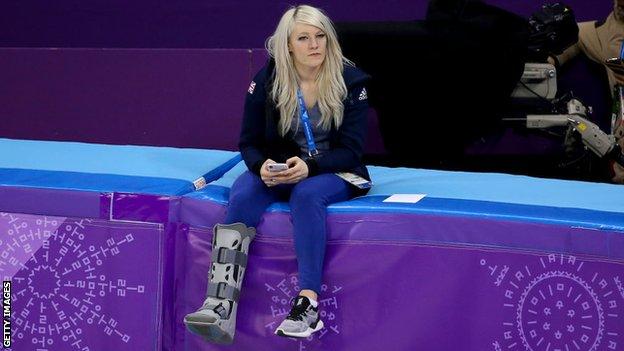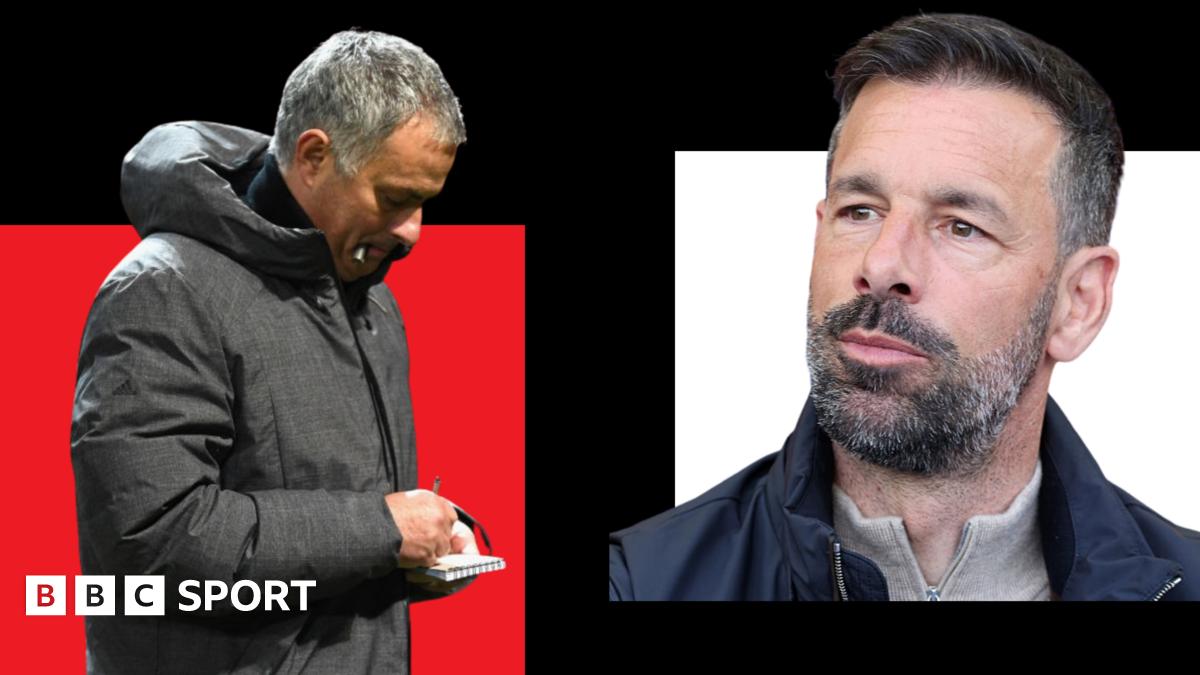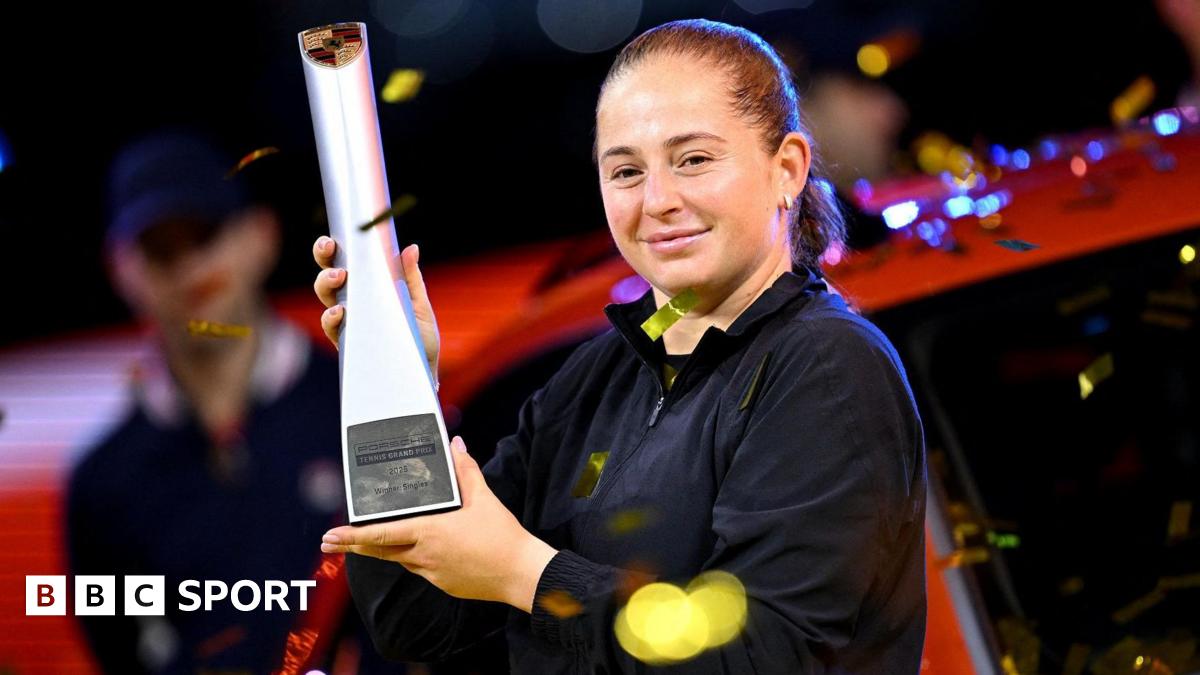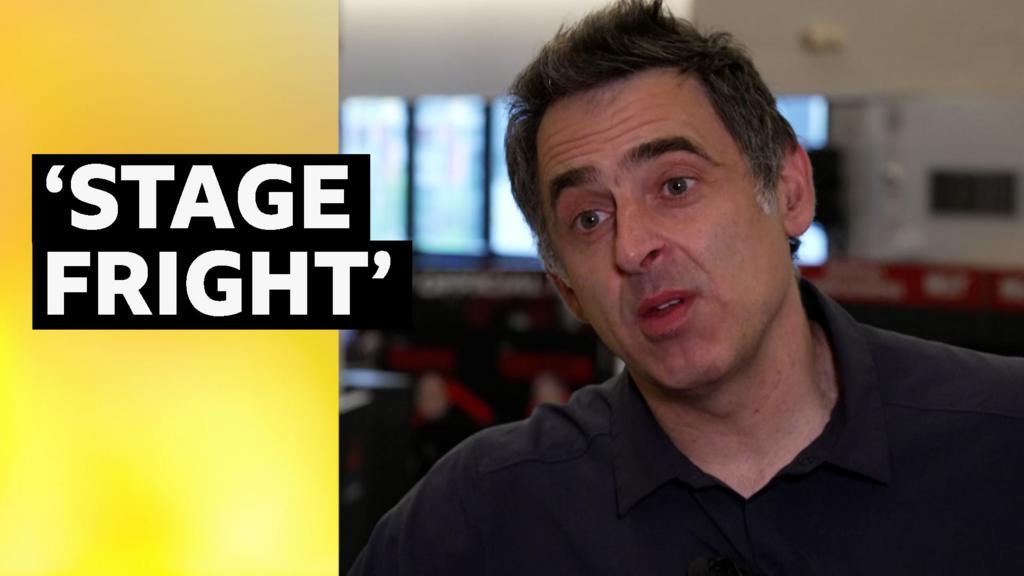ARTICLE AD BOX
 Elise Christie is Britain's most successful short-track speed skater
Elise Christie is Britain's most successful short-track speed skaterWhen Elise Christie announced her retirement, she said a lot of people would have a lot of questions.
Scroll though the social media reaction to Tuesday's announcement that the 31-year-old Olympian was calling time on her short-track speed skating career and the most common response was "why are you apologising?"
Yes, she never fulfilled her dream of Olympic gold. Yes, there were tears and heartbreak - time and again, for her and for us on her behalf - on that biggest sporting stage.
"I'm sorry I let you all down," she wrote.
But this is an athlete, who won more than 70 medals, including European and world titles. And this is an athlete, whose struggles inspired many and whose openness about them transcended her sport.
And that is why hers is a career that is about a lot more than that elusive Olympic medal.
A brutal sport
Christie, who was born in Livingston before moving to Nottingham, started off as a figure skater but realised she preferred the less subjective aspect of a sport where the aim is to cross the line first.
Except short track is not as simple as that - and if anyone is the best example of why, then it would be hard to look beyond Christie herself.
Often described as 'roller derby on ice', it is as brutal as it is thrilling.
When the shoving and crashes go your way, you get the case of Steven Bradbury - the Australian skater who had been in last place but snatched the gold medal at the 2002 Games when the other four men who were well ahead of him were sent flying in a pile-up on the final turn.
But for every Bradbury, there is a Christie.
And in a sport that is only ever really in the wider public consciousness every four years when there is a Winter Olympics, those devastating disappointments are etched in memories even more because the triumphs in between were never on primetime TV.
Two years after making her Olympic debut in Vancouver in 2010, Christie became the first Briton to win a World Cup short-track series - in the 1,000m - and she also won a maiden world championship medal in that discipline in 2013.
She arrived at the 2014 Sochi Games ranked number one in the world in the 1,000m and a strong favourite for gold, while also in with a chance of success in two other events.
But she was disqualified in all three, twice for causing a crash and once for not crossing the finish line properly.
The crash in the 500m in particular resulted in so much social media abuse, including death threats - where some were angry because they believed she had caused their favourite Park Seung-hi to crash - that she shut down her Twitter account.
Christie later admitted that she almost quit the Sochi Games because of the trolling, saying she nearly did not make it to the start line in the 1,000m after what had been the lowest point of her career.
However, she said at the time that "I would never pull out really because I always have that grit in me that keeps me carrying on".
And she went on to show precisely that grit many more times.
Resilience - but at a cost
Christie left Sochi "heartbroken" but vowing to resume her bid for Olympic medals at Pyeongchang four years later.
And once again, the Scot headed to the Games in top form, having become the first non-Asian skater to win the women's world championships overall title in 23 years in 2017. She had won world gold in the 1500m and 1,000m, as well as bronze in the 3,000 and finishing fourth in the 500m.
And she had also set a world record over 500m in 2016. Basically, she was the woman to beat.
But it was tears rather than medals that were seen on her at the 2018 Games after a crash meant she finished fourth in the 500m final before she was then disqualified in the 1,500m semi-final, ending up in hospital with an ankle injury.
 Christie's ankle had been in a boot following a fall in one event but she still lined up for her next event
Christie's ankle had been in a boot following a fall in one event but she still lined up for her next eventShe put aside "the most pain I had ever been in in my life" to compete in the 1,000m but then suffered another crushing disqualification that had many pondering whether she was the unluckiest Olympian ever, and others mocking her on social media again.
No-one seemed to be remembering that Great Britain have only ever won one Olympic short-track medal - Nicky Gooch's 500m bronze in 1994 - and that Christie was Britain's most successful athlete in the discipline.
She once again promised to try again at Beijing 2022 - but before that the true mental cost of her Olympic anguish became apparent.
'My biggest achievement has been about changing mental health'
Just over a year after Pyeongchang, Christie revealed she had developed anxiety after the Sochi death threats, and that over the next couple of years various personal issues and injury problems had led to depression.
Her openness about how she had taken anti-depressants for two years and self-harmed, earned her widespread admiration from the sporting world and beyond, starting discussion on the pressures athletes face well before higher profile athletes like tennis player Naomi Osaka or gymnast Simone Biles spoke of their mental health struggles.
"I can talk about my medals, I can talk about everything else but my biggest achievement has been about changing mental health and helping everyone through it," she told the BBC on Wednesday.
"I didn't even realise I was sick so to help everyone else get through the other side of it, it will be massive for me. I know I will have affected people and I'm going to carry on doing that."
And this desire to share her personal experiences in the hope of helping others was also behind her decision to describe in her autobiography how she was drugged and raped at the age of 19.
"I've always talked about the fact that I want to help people. There are so many women who have gone through or who might be going through this same situation right now and won't speak up either," she said at the time.
When red-hot favourite Biles withdrew from a number of gymnastics finals at last summer's Tokyo Olympics to focus on her mental wellbeing, Christie tweeted that the American was a role model and inspiration and that: "The Olympics isn't always about medals. It's about the spirit."
She could easily have been talking about herself.
And the story is not yet over
Christie told the BBC she is in a "really good place" and is keen to carry on inspiring others, adding: "I haven't self-harmed in about eight months, which is great and I want to show people that you can get through it. Even though I have lost my career and I've lost my dream."
She said she would "never feel whole" because she did not win an Olympic medal in short track but has also indicated she may carry on chasing her dream via a different sport at the 2026 Games.
"It is involving speed and power," she said "It's a new challenge and I'm looking forward to it."
And even if the switch does not bring the medal she so craves, she has nothing to apologise for.
If you, or someone you know, has been affected by any issues raised in this article, support and information is available at BBC Action Line.

 3 years ago
51
3 years ago
51








 English (US) ·
English (US) ·